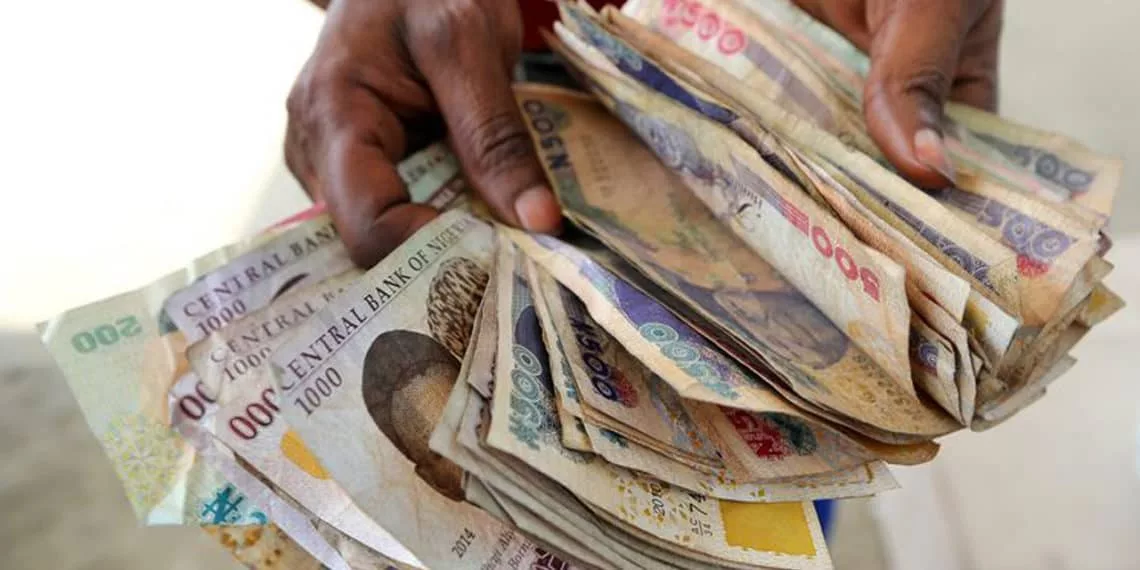For the first time this year, Nigeria’s money supply has experienced a significant drop, closely linked to the Central Bank of Nigeria’s (CBN) recent hike in interest rates.
Data from the apex bank reveal that Money Supply (M2) dropped marginally to N92.3 trillion in March 2024, down from a record N93.9 trillion in February. This development is anticipated to be a key topic as the CBN’s Monetary Policy Committee (MPC) meets next week to deliberate on further actions regarding its hawkish interest rate policy.
The drop in money supply, although marginal, is a relief to officials of the monetary policy committee. It reflects the intricate dynamics of monetary policy and its impact on the broader economy. Over the past two years, Nigeria has seen a substantial rise in money supply, driven by expansive monetary policies under the Buhari administration. For instance, Money Supply (M2) has risen from N51.7 trillion to a peak of N93.9 trillion in February.
According to the latest data, the overall money supply decreased, driven by notable changes in its components. Specifically, quasi money, which includes savings deposits, time deposits, and other near-money assets, saw a significant drop. Conversely, narrow money (or M1), which encompasses physical currency and demand deposits, showed an increase.
Key Changes In Money Supply Components:
Money Supply (M2): Decreased from N93.9 trillion to N92.3 trillion, reflecting the drop in quasi money despite the rise in narrow money.
Quasi Money: Decreased from N63.69 trillion to N59.8 trillion, indicating a shift in the types of assets held by the public, likely influenced by higher interest rates.
Demand Deposits: Increased from N26.8 trillion to N28.8 trillion, suggesting a preference for more liquid forms of money among depositors.
Currency Outside Banks: Increased from N3.4 trillion to N3.6 trillion as more Nigerians moved towards cash following the end of the controversial new naira note policy of the apex bank.
Impact Of Higher Interest Rates
The CBN’s decision to raise interest rates is a strategic move aimed at controlling inflation by making borrowing more expensive and encouraging saving. Higher interest rates typically lead to reduced consumer spending and lower investment by businesses due to the higher cost of credit.
By tightening monetary policy, the CBN aims to tame inflation and stabilize the economy. However, this shift also highlights the delicate balance required in managing economic growth and controlling inflation. As the economy adjusts to these changes, careful monitoring of money supply aggregates will be essential in assessing the long-term impacts of the CBN’s policies.
This monetary tightening can lead to a contraction in the money supply as people and businesses shift their funds into higher-yielding savings accounts and fixed deposits, thus decreasing the more liquid forms of money in the economy.





